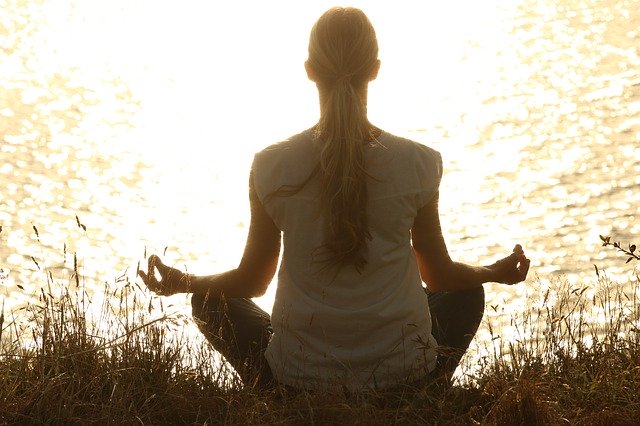- You be the judge.If you feel any discomfort or lightheadedness, stop immediately and return to normal breathing. Consult an instructor for guidance and supervision.
- Never force or restrict your breath.Don’t compromise the quality of the breath. Do the best that you can. The more you practice, the longer you’ll be able to perform the exercises, and eventually, you’ll be able to use more of your lung capacity.
- Patience and practice.Pranayama should be done with great care and awareness. Try to stay focused on the journey, not the destination! Over time, you will start to notice the benefits of the practice.
- If you are pregnant, or suffer from diabetes, high or low blood pressure, heart conditions, epilepsy, or vertigo, please consult your health care provider before performing any of these breathing exercises.

- Empty Stomach. Pranayama yoga must be performed in empty stomach. The best time for practice is the early morning, preferably before sunrise when the pollution is at its lowest level, and the body and brain are still free. However, if morning is unsuitable, pranayama may be practiced after sunset, when the air is cool and pleasant. The place suitable for all kinds of Yoga must be clean and calm.